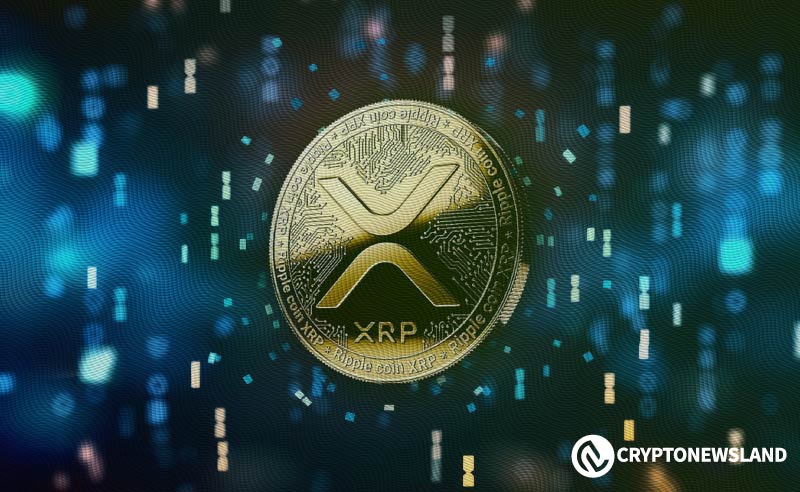Ripple’s advocacy efforts gained recognition, with XRP’s market cap now at $134.95 billion amid growing regulatory scrutiny.
Ripple’s XRP has experienced a significant increase in trading activity, despite its ongoing legal battle with the United States Securities and Exchange Commission (SEC). Recent developments indicate a renewed interest in the cryptocurrency, with its trading volume and price both showing substantial growth.
Over the past 24 hours, XRP’s trading volume surged by 123.84%, reaching $10.59 billion. The token’s price climbed by 10.18%, trading at $2.35 after hitting a daily high of $2.44.
Additionally, these developments indicate growing market confidence in XRP despite the lingering regulatory challenges. The token’s market capitalization now stands at $134.95 billion, reflecting its growing relevance within the cryptocurrency sector.
Notably, the SEC’s lawsuit against Ripple, initiated in 2020, has been a significant hurdle for the company and its native token. Trial attorney John Deaton has criticized the lawsuit, describing it as an overreach that harmed Ripple’s operations.
Also, he highlighted the sweeping nature of the SEC’s complaint, which he believes caused significant damage to Ripple’s business and XRP’s market position. Before the lawsuit, XRP held a dominant position, especially in cross-border payments. By 2019, Ripple had gained considerable traction, with Coinbase listing XRP and MoneyGram adopting it for transfers.
However, the SEC’s action in 2020 disrupted this progress, leading to Coinbase delisting XRP and MoneyGram shifting to Stellar’s XLM. Deaton also emphasized the similarities between XRP and XLM, noting that Stellar’s founder, Jed McCaleb, was a co-founder of Ripple.
Consequently, the ongoing legal battle has highlighted Ripple’s resilience and the advocacy efforts of key individuals supporting XRP. Bill Morgan, another prominent attorney, praised John Deaton’s work, describing it as an example of exceptional integrity.
Moreover, Ripple’s supporters continue to challenge the SEC’s legal approach, which remains under scrutiny within the broader regulatory landscape.



